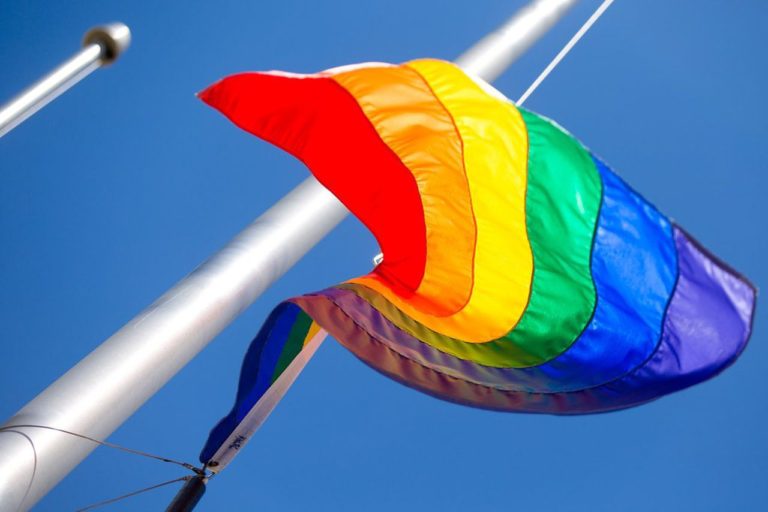

Michigan lawmakers have reintroduced legislation to expand the state’s civil rights law by including protections against discrimination for LGBT people.
Sponsored by Rep. Laurie Pohutsky, D-Livonia, House Bill 4297 would add sexual orientation and gender identity or expression to the list of protected classes under the Elliott-Larsen Civil Rights Act, which prohibits discrimination based on several factors when it comes to employment, housing and public accommodations.
As it’s currently written, the law protects people from discrimination based on religion, race, color, national origin, age, sex, height, weight, familial status, or marital status.
The bill was introduced in the House last week and has 51 co-sponsors, with Republican Rep. Tommy Brann, R-Wyoming, joining the Democratic caucus in sponsorship.
The reintroduction is the latest step in a years-long effort to include additional protections for Michigan’s LGBT residents, a cause that’s garnered support among business leaders and advocacy groups, but historically hasn’t gained traction in the Republican-led Legislature.
A 2014 bipartisan push to change the law led by former Republican Rep. Frank Foster ultimately failed, and Foster himself lost his re-election bid during the primary to former House Speaker Lee Chatfield, who did not support expanding anti-discrimination protections to LGBT residents during his tenure.
Related: Michigan House Speaker not interested in expanding civil rights law to include LGBT protections
Chatfield’s record on the issue sparked a wave of intense criticism when he was hired as CEO of Southwest Michigan First early this year. Eleven days after his hire was announced, Chatfield resigned from the post, and organization officials said they are making internal changes to increase diversity, equity and inclusion in the hiring process.
Gov. Gretchen Whitmer has indicated her support of making the change to Michigan’s civil rights law and in 2019 extended protections to cover people based on sexual orientation and gender identity within the state workforce and for state contractors and services. She also renamed a state office building after the two co-sponsors of the original law, Daisy Elliott and Mel Larsen.
Related: LGBT anti-discrimination campaign turns in nearly 500,000 signatures for 2022 ballot proposal
The group Fair and Equal Michigan is also leading an effort to change the law via ballot initiative in 2022 due to legislative efforts stalling in recent years.
Last fall, the group submitted 483,461 signatures to the state for its initiative to amend the Elliott-Larsen Civil Rights Act to add gender identity and sexual orientation to the list of protected classes.
Initially, Fair and Equal Michigan was collecting signatures in preparation for a 2020 ballot initiative. The COVID-19 pandemic interfered with those plans — the group successfully petitioned the Court of Claims for a time extension to gather the remaining signatures needed due to the stay-home orders interfering with the ability to meet normal petition signature requirements.
Related: Hairstyle discrimination would be banned in Michigan under House bill
House Bill 4297 not the only bill introduced so far this session that would expand what’s covered under Michigan’s anti-discrimination law.
Rep. Sarah Anthony, D-Lansing, last week reintroduced legislation to include hair texture and protective hairstyles as “traits historically associated with race” in the law, effectively banning discrimination against people based on how they wear their hair.
Her bill, House Bill 4275, specifically references braids, locks and twists as examples of hairstyles that would be protected from discrimination. It was also referred to the House Judiciary Committee.